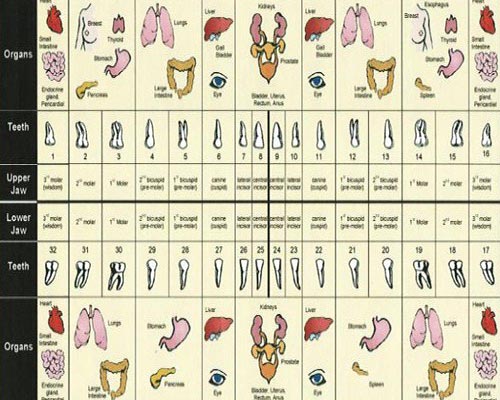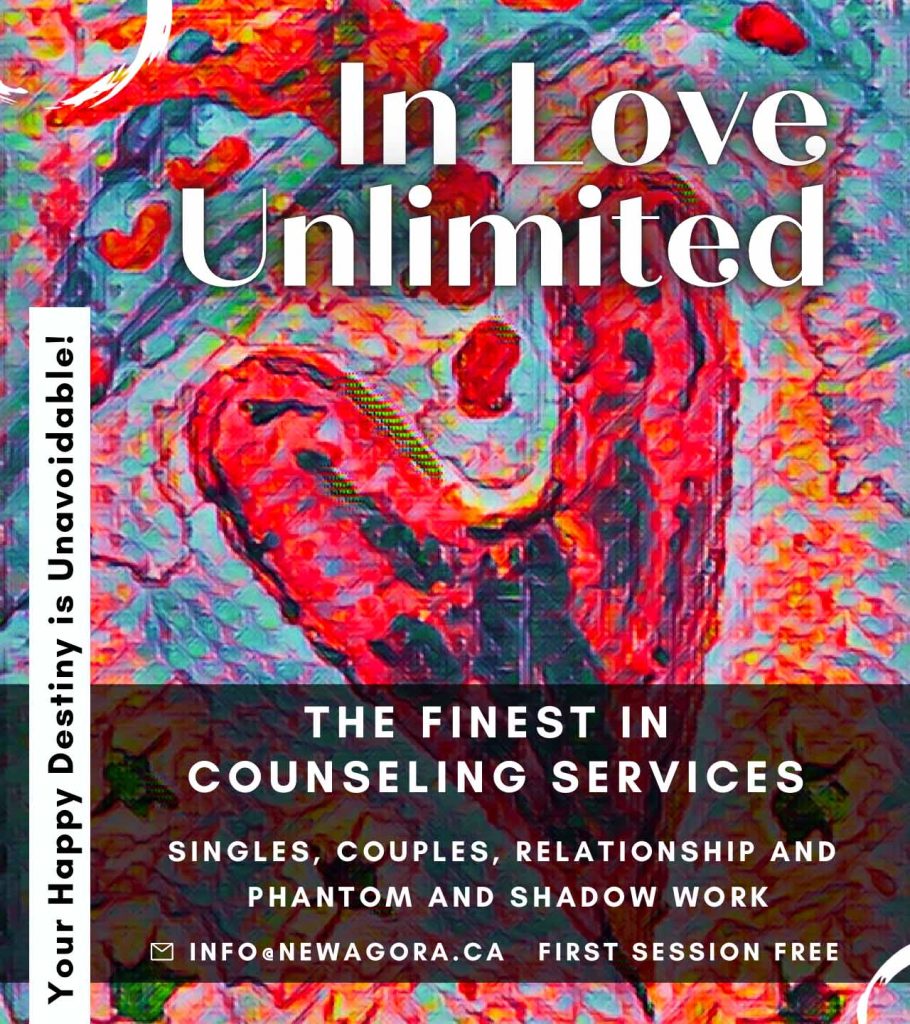Years ago, if you went to a physician for suspected heart disease, the last thing they would have thought to do was refer you to a gum specialist. These days, however, things have changed, as science continues to shed light on the connection between these two seemingly disconnected regions of the body. (source) The same goes for pregnancy, diabetes, and a number of other conditions.
In the past five years alone, interest in possible links between mouth/tooth health and body health has skyrocketed. Truth is, your oral health is far more important than you might have realized, and we are becoming increasingly aware of the connection between the body and the mouth, teeth, and gums.
What conditions could be linked to oral health? (We encourage you to look for more sources, as they are abundant.)
Endocarditis – An infection of the inner lining of your heart. This can happen when germs and bacteria from your mouth spread throughout your bloodstream and attach themselves to damaged areas of your heart. (source)(source)
Cardiovascular disease – As mentioned in the first paragraph, research shows that heart disease, clogged arteries, and stroke might be associated with a decline in oral health. (source)
Diabetes – Studies have shown that gum disease is more frequent and severe among people who have diabetes. Research also shows that people who have gum disease have a harder time controlling their blood sugar levels. (source)(source)
HIV/AIDS – Oral problems like mucosal lesions are more common in people who have HIV/AIDS. (source)
Alzheimer’s disease – Tooth loss before the age of 35 could be a risk factor for Alzheimer’s disease. (source)
These are just a few of many health conditions linked with oral health.
“Physicians are taking a more holistic approach to their patients’ overall health.” – Sally Cram, DDS, PC, consumer advisor for the American Dental Association.
Meridian Dentistry
“Conditions in the mouth have a profound potential to reflect and influence the health of the whole person. Disruptions to the flow of energy through the mouth may affect remote regions of the body and disruptions elsewhere may manifest in the mouth. These relationships are a result of communication between the Acupuncture Meridians and the Teeth.” – The Center For Holistic Dentistry (source)
This is a belief a growing number of dentists share these days, and with all the connections emerging between mouth and overall body health, it’s not hard to see why. That’s not the only reason, meridian dentistry stems from ancient Chinese culture. They, among others, believed that there is an overall energy distribution system throughout the body where “qi” or “life force energy” flows throughout the body. The individual meridians are often described as vessels that carry, hold, or transport this life force energy, as well as blood and other body fluids around the body, almost like a circulatory system.
You can read more about this belief at the Academy Of Classical Oriental Sciences.
This is exactly why we are seeing a growing number of dentists offering a holistic type of practice which utilizes these methods for treating patients. A simple Google search would suffice to show you that.
HERE are some links to scholarly articles regarding this ancient system. The general consensus seems to be that your teeth are very important, as they are connected to various organs throughout your body. Tooth health, according to this system, and to some modern day science, plays a much larger role in the maintenance of overall wellness than we previously thought. According to the meridian system, poor tooth health might equate to poor organ health and blockages of energy flow.
Below is a chart that shows you how it’s all connected.

Wisdom Teeth
There is a lot of information out there regarding the removal of wisdom teeth, and many people are starting to question its merits, particularly when recommended as a routine precautionary measure. Many experts seem to agree that there is little evidence to support removing wisdom teeth which are not causing any pain or discomfort.
For example, a report by dentist Jay Friedman in the American Journal of Public Health reveals that 67 percent or more of preventative wisdom teeth removals are unnecessary. The article explains that most of the pain and illness surrounding wisdom teeth are not caused by the teeth themselves, but rather the symptoms which arise from their surgical removal., which some number in the many, long lasting and permanent.(source)
Basically, we don’t really know enough, and remove them mostly based on the temporary discomfort and pain that they cause. But according to the meridian system, wisdom teeth play a very important role in overall body health.
Why Do These Teachings Resonate With So Many People?
There are a number of reasons, one is the fact that much of what has been written in ancient eastern philosophy, mysticism, and more, has also been expressed by various cultures throughout human history. Another factor to consider is that many of these teachings have been verified by modern day science, quantum physics being just one great example. What we perceive as our physical material world is really not physical or material at all (read more about that here) – far from it. This has been proven time and time again by multiple Nobel Prize winning physicists (among many other scientists around the world), yet it was known and described in various ancient texts long before such ‘official’ validation.
Another great example is meditation. It’s only recently that science has identified the various health benefits associated with it, yet again, various ancient texts already described them. A couple of examples could be what meditation literally does to the brain, or its effect on the gastrointestinal tract.
The examples are endless, which, along with some findings within modern day science, lend more credibility to a practice that’s rarely given a second thought today.
Have you had your wisdom teeth removed? If so, why? Do you regret it? We’d love to hear from you on this topic, so please feel free to share in the comments section below.
Taken from – http://www.collective-evolution.com/2016/02/19/the-connection-between-wisdom-teeth-body-organs-in-a-chart/ – 02/24/2016














